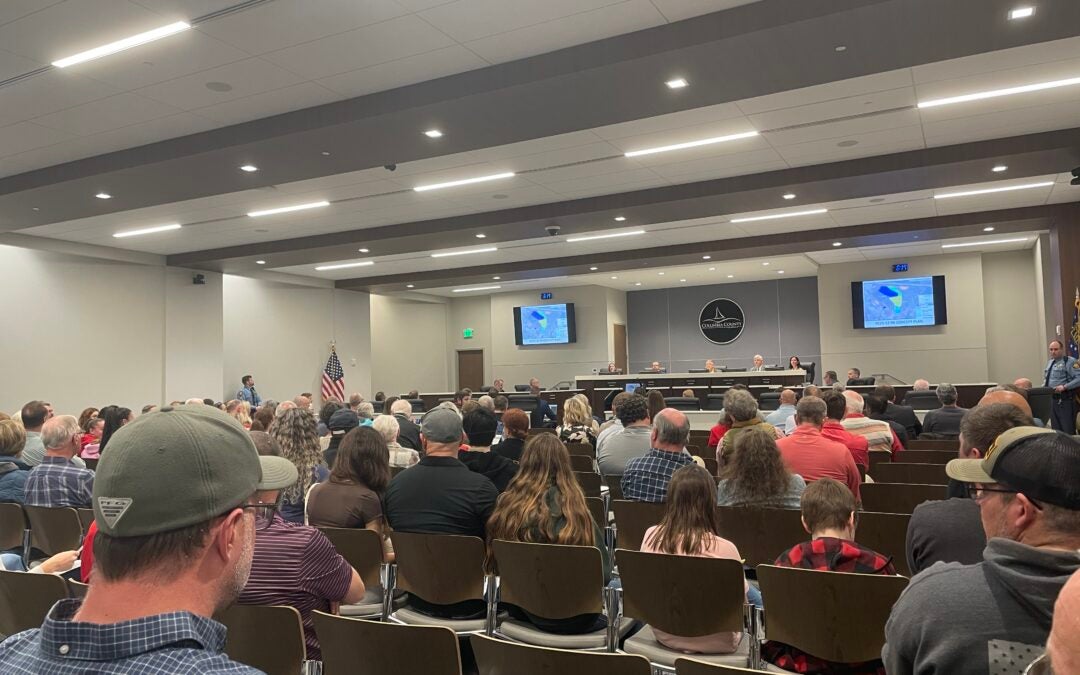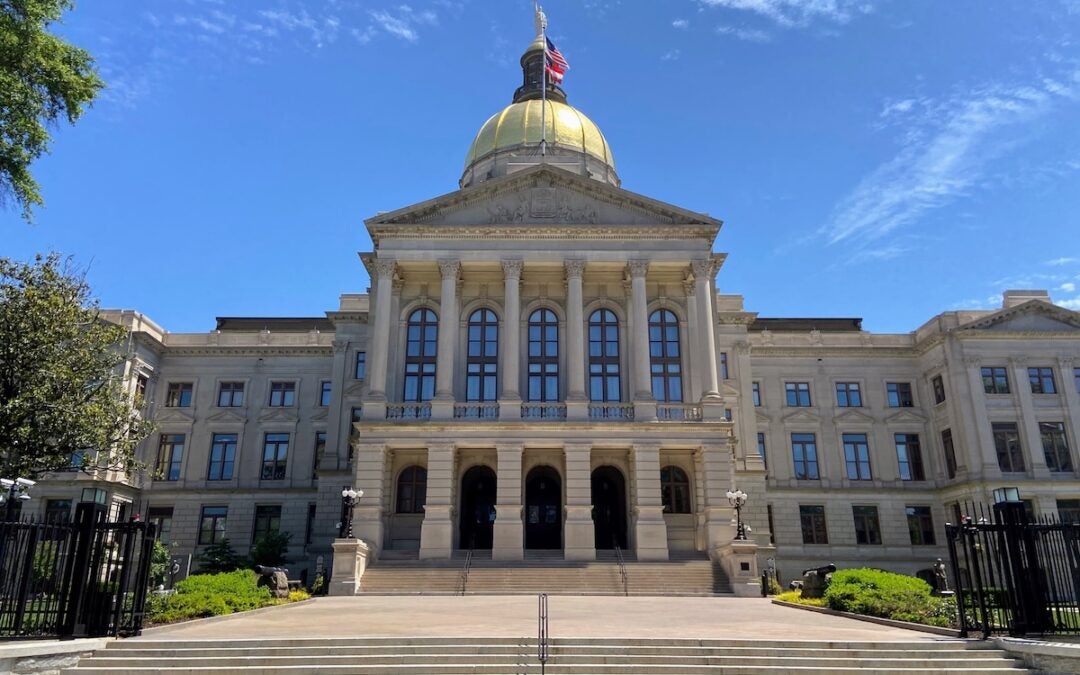International Paper’s decision to close facilities in Savannah and Riceboro hits close to home for Augusta Mayor Garnett Johnson.
Johnson said he began his working career at Federal Paper Board Co. and had many friends in the industry. The Augusta paper mill opened in 1960 as Continental Can Co. It became Federal Paper in 1985 and was acquired by International Paper in 1996.

“I personally know hundreds of retirees, employees, vendors and suppliers whose lives have been impacted by our mill,” he said in a statement Friday. “It’s hard to imagine Augusta without it – and I know we would feel just as devastated as Savannah and Riceboro do today.”
The mill was sold to Graphic Packaging in 2018 and last year to Clearwater Paper Corp., when it had some 660 employees, making it Augusta’s third-biggest manufacturer.
Manufacturing is one of the four strongest pillars of the Augusta economy, Johnson said. The Augusta mill has offered some of the region’s highest-paying jobs and made a large contribution to the local tax base for more than 60 years, he said.
“The fact is, that our facility has strengthened our community for the betterment of all,” Johnson said.
Spokane-based Clearwater’s factory on Mike Padgett Highway makes paperboard, used for packaging such as cereal boxes. The company also has facilities on Doug Barnard Parkway. The mills are known to source their timber regionally.
International Paper announced last week the coastal-area closures would cost about 1,100 people their jobs. Lawmakers called the moves “devastating” and sought ways to increase demand for Georgia timber.
Along with International Paper, Clearwater Paper was among more than 60 manufacturers up and down the Savannah River that the City of Savannah targeted in a lawsuit filed earlier this year. The suit accuses the companies of knowingly discharging PFAS, or forever chemicals, into sources of the city’s drinking water.
Politicians around the state lent voices of support for the displaced workers and disrupted industry, including former Labor Commissioner Mike Thurmond. Thurmond, who is running for governor, attributed the closures Thursday to President Trump’s tariffs.
Johnson urged community members to keep Savannah and Riceboro in their thoughts and prayers and to remain thankful for the city’s manufacturing partners.









